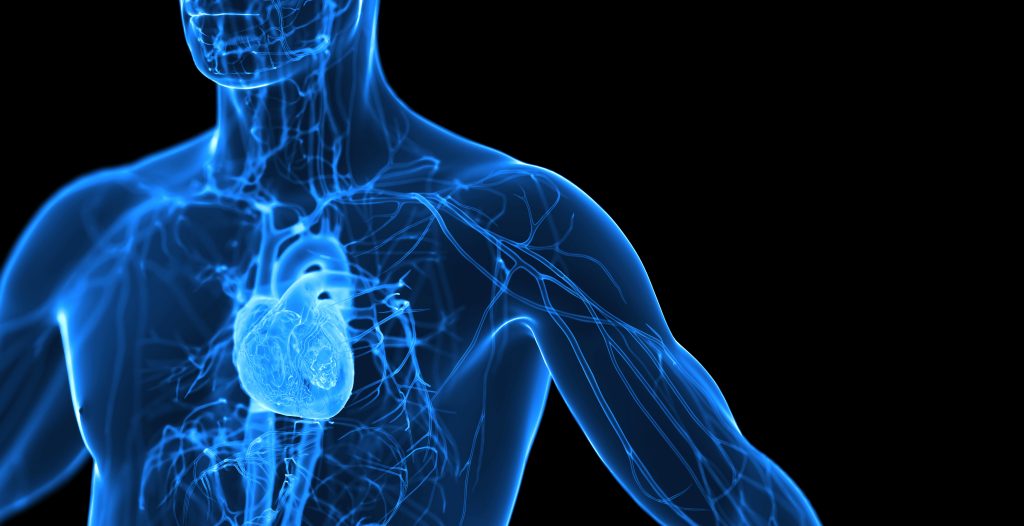Living with an Irregular Heartbeat: Coping Strategies and Lifestyle Tips for Patients with Cardiac Arrhythmia

If you’ve been diagnosed with any kind of arrhythmia, it’s important to first and foremost follow the treatment plan outlined by your doctor(s). Keep all of your appointments, ask questions when you have them, and make sure that you’re doing everything in your power to avoid bigger issues moving forward.
The good news is that living with cardiac arrhythmias is more common and possible than most people think. In this article, we’ll look at how to manage your life with arrhythmia, no matter what kind you have or how severe it is. We’ll also explore the potential complications and dangers of not following the right guidelines when living with this condition.
Arrhythmias are just irregular heartbeats – your heart may beat too fast, too slow, or out of sync in one way or another. Plenty of people live with irregular heartbeats without incident, but they’re not always so mild. Here’s what you need to know.
What Helps to Overcome Arrhythmias?
In some cases, lifestyle changes, such as losing excessive weight if you are obese, can reduce or help you eliminate these cardiac arrhythmias without medication or medical intervention. However, that depends on the cause of the irregular heartbeat and other factors. Only your doctor can tell you the best ways to overcome your arrhythmia issues.
Medications can assist some people with arrhythmia, but most often, some type of surgical procedure will be required to correct the issue (if it is severe enough to need to be corrected).
Lifestyle Advice for Living with Arrhythmias
When you’re living with an arrhythmia, it can be an anxiety-inducing experience when you aren’t prepared. Fortunately, there are several things that you can do to protect yourself and prevent major incidents from happening. If you’ve got an implantable device such as a pacemaker or defibrillator, you must also take care of those.
Know your triggers. Understand what gets your heart going, and avoid things like high-intensity workouts, caffeine, and contact sports that could damage implantable devices. Quiet your phone or change alarm tones to prevent sudden stressors or loud noises. Ask the others in your life to help you maintain a sense of calm.
You should also talk to your doctor before you take any OTC medications, supplements, or other products that may affect your heart or impede the medication that you are taking.
- If you feel faint or dizzy or notice your arrhythmia acting up, lie down immediately. Don’t drive or keep trying to do what you’re doing. Then, report the arrhythmia symptoms to your doctor.
- Ask your doctor which exercises are safe, and consider exercising with a friend just in case you have an incident.
- Learn how to check your pulse and what a normal pulse rate is for you. Carry a notebook around to track changes so you can report them to your doctor, too.
- If you have a pacemaker or defibrillator, carry a medical device ID card or wear a bracelet or necklace. Include information about your doctor in case of emergency.
- Have a plan in place for when issues arise. Let others around you in on the plan and ask for their assistance. Make sure everyone knows to call 9-1-1 if it’s serious.
- Consider investing in an AED device or asking a family member to learn CPR. This can reassure you that if something goes wrong, you’ve got immediate help until the professionals arrive.
How Can I Reduce My Arrhythmia Symptoms Naturally?
For some people, improving whatever arrhythmia they have is as simple as researching lifestyle tips and health advice. There may be ways to naturally reduce arrhythmia, but there are no guarantees.
If you have an electrophysiology procedure or study (EP) performed, this will provide insight as to the cause of your arrhythmia. Once you know the cause, you will know whether you can improve it naturally and how to do so.
As mentioned above, reducing stressors, triggers, and potential causes is a good starting point. You can make lifestyle changes that are designed to promote heart health:
- Try to reach and maintain a healthy weight.
- Make heart-healthy diet choices.
- Manage stress.
- Quit smoking.
- Exercise regularly.
Final Thoughts
It’s not impossible to live with arrhythmias. It takes some careful planning and an awareness of your condition, but it’s definitely doable. Be sure to talk to your doctor and devise a plan to get the most out of your life without compromising because of your irregular heartbeat issues.
Cardiovascular Research and Training Institute
Researchers at the Nora Eccles Harrison Cardiovascular Research and Training Institute (CVRTI) are studying what can impact the heart’s electrical patterns and how to best diagnose, maintain, and treat cardiac arrhythmias.
The CVRTI is committed to better understanding how to maintain a healthy heart and improve heart health outcomes. CVRTI is famous because, thirty years ago, its investigators discovered the molecular basis of the most prominent genetically acquired arrhythmia syndrome (“Long QT Syndrome”) and identified how common medicines can result in these highly dangerous arrhythmias.
Now, investigators are studying the mechanisms underlying atrial fibrillation and ablation techniques with the goal of improving ablation outcomes (Ranjan ). They are also studying techniques to prevent and terminate life threatening arrhythmias without the need for shocking the heart (Dosdall, Shaw ). The genetic and metabolic basis for some of these arrhythmias is also being investigated (Aromolaran, Palatinus, Tristani). Research at CVRTI is changing cardiac arrhythmia patients. Contact CVRTI to learn more about ongoing research for cardiac arrhythmia.


